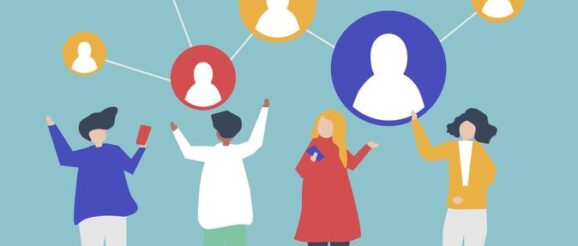Plan C Live: From Invention to Innovation: Maker Incubators During Covid-19 | Make:

In his book , Matt Ridley defines invention and innovations as different things. The creation or invention of a product is not the same as developing a product that meets a need and becomes useful. For makers, this often means making the transition from prototype to product, as well as developing the capabilities to market the product. Maker incubators offer support for makers who want to turn physical prototypes into products that, in turn, can become businesses. To achieve these goals, an incubator can build connections with mentors and among makers to help develop a local or regional ecosystem that encourages and connects people and services.
COVID-19 represents a challenge, as well as an opportunity, for what incubators do and how they work with makers. Just as makerspaces became the hubs for the rapid response to COVID-19 through PPE production, how might maker incubators foster the kind of cooperative environment for innovations that involve more people and benefit local and regional economies? It has also demonstrated the power of sharing designs globally, one that can become adopted widely. It has shown the power of open source invention when people work together collectively. This is another point that Ridley makes in his book — innovation is best understood as a collaborative effort. In his chapter, Innovation Essentials, he cites these features of how innovation works.
Is this what we see in maker incubators or should expect to see more of?
Date: Thursday, September 17th @ 4pm PT / 7pm ET
Join Make: and Nation of Makers in conversation with the following panelists as we take a look at a bottom-up approach to economic recovery. Register to be part of the conversation on Zoom or enjoy the show on Facebook.
